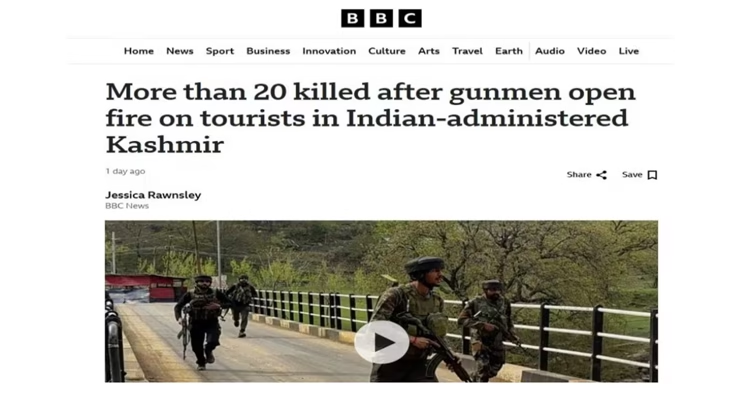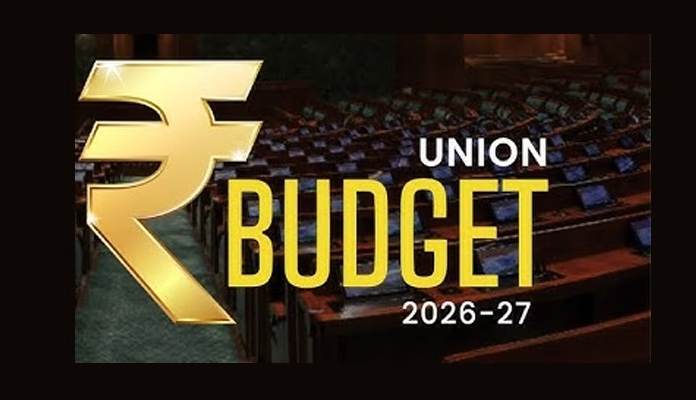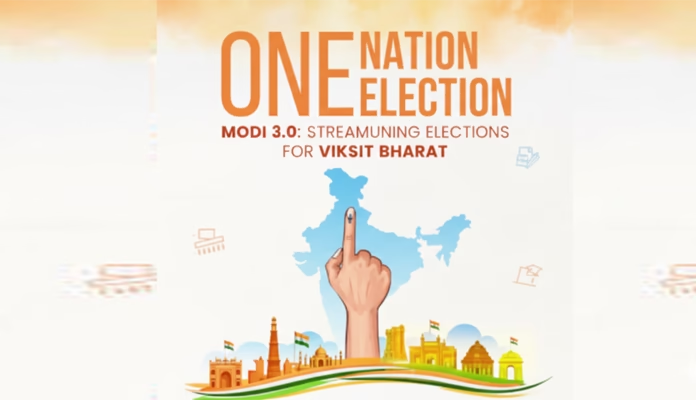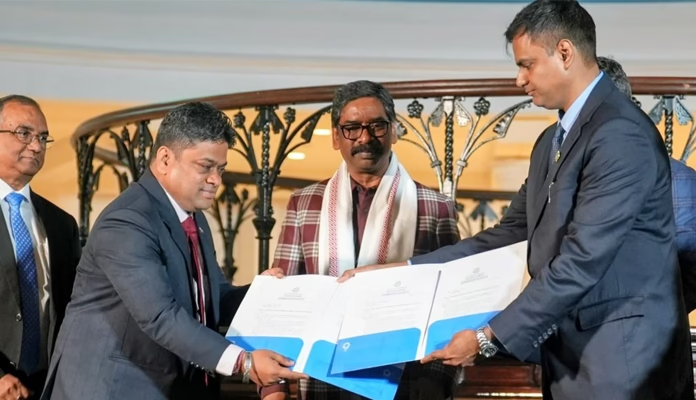
New Delhi: In a strong diplomatic move, the Indian government has formally criticized BBC News for referring to terrorists as “militants” in its coverage of the Pahalgam massacre, where 26 Hindu tourists were brutally killed on April 22. Outraged by what it termed a “gross mischaracterization,” New Delhi has written to BBC India Head Jackie Martin, demanding greater accountability and urging responsible reporting on acts of terror.
According to officials cited by the Hindustan Times, the XP Division of the Ministry of External Affairs (MEA) conveyed India’s concerns directly to Martin. A formal letter was sent criticizing the BBC’s terminology. “The XP Division will continue to monitor BBC’s future coverage,” an official familiar with the matter said on condition of anonymity.
The attack occurred at Baisaran meadows, a popular tourist destination in Pahalgam, Jammu and Kashmir. While most global media outlets reported extensively on the terror attack, several Western outlets, including the BBC, referred to the assailants as “gunmen” or “militants” rather than labeling them terrorists. The BBC’s headline read: “More than 20 killed after gunmen open fire on tourists in Indian-administered Kashmir.”
Prominent news agencies Reuters and Associated Press also chose similar language. Reuters chose to describe the perpetrators merely as “suspected militants”, while AP called them “militants”.
The issue of terminology has gained heightened attention following the attack. In the United States, a House Committee questioned the New York Times for its language in reporting the incident. Meanwhile, the Hindu American Foundation, a prominent advocacy group, sharply criticized Western media for what it described as the “shameful and deliberate erasure” of the victims’ suffering, according to First Post.
Investigations revealed that the attackers, disguised in camouflage, forced victims to chant Islamic verses and subjected them to circumcision checks to verify their religious identity before opening fire.
The massacre has triggered widespread condemnation globally. Indian diaspora communities staged large-scale protests across major cities including Melbourne, London, Copenhagen, Kathmandu, Paris, Zurich, Helsinki, and Madrid. Demonstrators mourned the victims and called for global unity in the fight against terrorism.
World leaders and international Indian communities have called for decisive action against extremist violence, emphasizing solidarity with the victims and a renewed commitment to combat terrorism in all forms.




